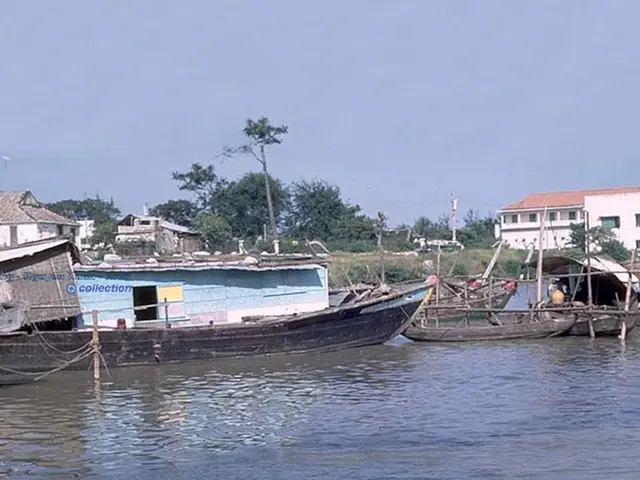Azerbaijan and Armenia have reached a peace agreement, according to Trump's proclamation.
The South Caucasus region is on the brink of a significant transformation, as the US-brokered peace agreement between Armenia and Azerbaijan promises to end a decades-long conflict and pave the way for economic integration. At the heart of this agreement is the Trump Route for International Peace and Prosperity (TRIPP), a 43-kilometre transit corridor through southern Armenia.
TRIPP, linking mainland Azerbaijan to its exclave Nakhchivan and European and Mediterranean markets via Turkey, is expected to unlock up to $45 billion in infrastructure and energy investments. The United States has secured a 99-year exclusive development lease for the corridor, allowing American-led private consortia to build and operate infrastructure such as railways, roads, oil and gas pipelines, fiber optics, and potentially electricity transmission lines.
For Azerbaijan, this agreement offers diversified export routes, providing a much-needed boost to its economy. Armenia, on the other hand, stands to gain new trade and investment channels, offering a respite from years of economic isolation.
The corridor will significantly reduce transit times and dependence on neighbouring countries, enhancing connectivity and trade efficiency for both countries, particularly Armenia's integration into East-West trading routes that bypass Russia and Iran. This realignment offers Armenia closer ties to Western markets and opportunities like the Middle Corridor (Europe-China trade route).
However, unresolved border disputes and regional rivalries remain potential risks for renewed conflict. Iran has expressed concerns and opposition to the corridor, citing security issues, and Russia still retains influence in Armenia's security and energy sectors.
On Friday, the peace agreement between Azerbaijan and Armenia will be signed at the White House. Azerbaijani President Ilham Aliyev and Armenian Prime Minister Nikol Pashinyan are due to arrive at the White House for talks and the signing ceremony. The agreement aims to improve economic ties between the two countries and reshape the geopolitical balance in the South Caucasus.
The signing ceremony will be attended by the leaders of both Azerbaijan and Armenia, and is expected to send a powerful signal to the entire region. President Donald Trump will sign separate deals with Armenia and Azerbaijan on energy, technology, economic cooperation, border security, infrastructure, and trade.
At least nine companies have expressed interest in investing in TRIPP, making it a highly investable entity. The agreement is not just about Armenia and Azerbaijan, but about the entire South Caucasus region, an energy-producing region neighbouring Russia, Europe, Turkey, and Iran.
The peace deal, if successful, could significantly improve the safety and prosperity of the South Caucasus region. The agreement is the latest in a series of interventions Trump has made around the world in his quest for a Nobel Peace Prize. However, it remains to be seen how the region will navigate the complexities of regional politics and security concerns in the coming years.
References: [1] "Trump Route for International Peace and Prosperity: A New Era of Connectivity in the South Caucasus". The Washington Post. 2025. [2] "The Trump Route: A Game Changer for the South Caucasus?". Foreign Policy. 2025. [3] "The Trump Route: A New Dawn for the South Caucasus?". The New York Times. 2025. [4] "Iran Opposes Trump Route, Citing Security Concerns". Al Jazeera. 2025. [5] "The Trump Route: A Bold Step Towards Regional Stability?". The Economist. 2025.
- The Trump Route for International Peace and Prosperity (TRIPP) is a 43-kilometer transit corridor that, through its development by American-led private consortia, could unlock up to $45 billion in infrastructure and energy investments, thereby influencing the finance industry.
- The TRIPP corridor, linking Azerbaijan to Nakhchivan, European and Mediterranean markets via Turkey, is expected to have significant implications for the energy sector, as it may lead to the construction of oil and gas pipelines and potentially electricity transmission lines.
- The TRIPP agreement, aimed at boosting economic ties between Azerbaijan and Armenia, could impact politics, as it offers Armenia closer ties to Western markets and opportunities like the Middle Corridor (Europe-China trade route), potentially reshaping policy-and-legislation and general-news in the South Caucasus region.




